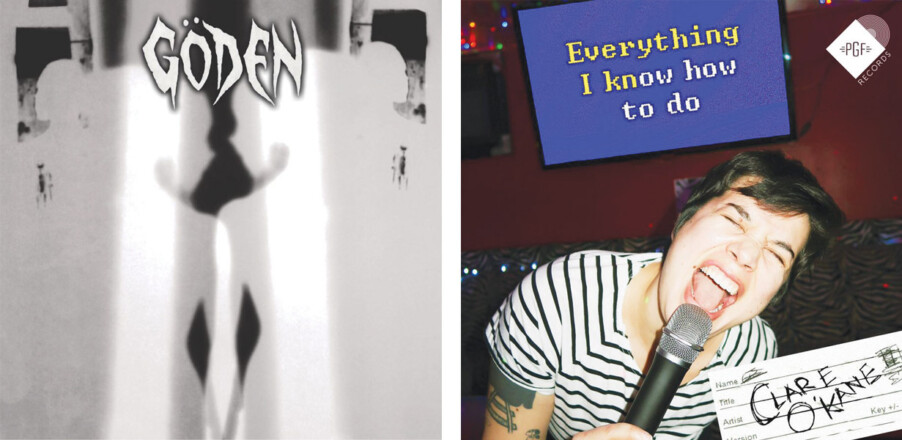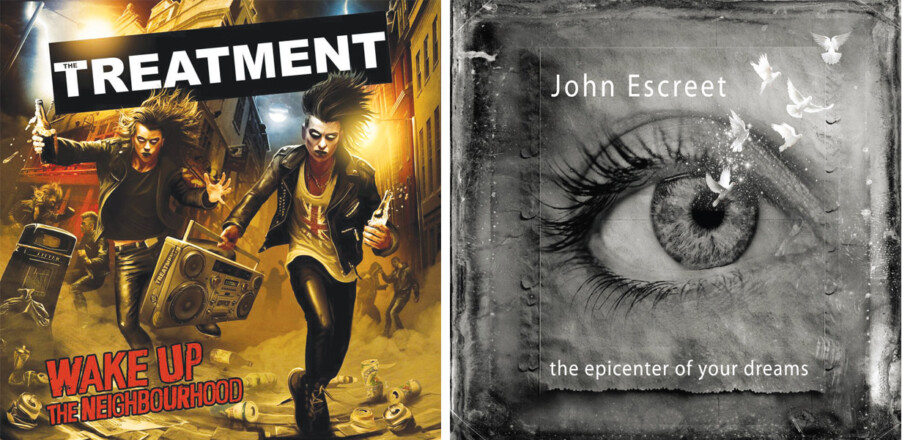God’s Ghostwriters, by Candida Moss (Little, Brown & Co., 303 pages)
In the first centuries of the Common Era, literacy was rare. Even when people knew how to read and write, they didn’t want to do it since scratching out letters and symbols on papyrus with no desks or ergonomic chairs was physically taxing. The solution for many elites of the time was to have enslaved people do it.
While most of the early leaders of the fledgling movement that would one day be known as Christianity weren’t men of means, they still had people accompanying them on their travels, and these people — not necessarily Matthew, Mark, Luke and John — were the people who would write down the stories about Jesus of Nazareth, Many of them were enslaved, posits theologian Candida Moss in God’s Ghostwriters.
Formerly a professor at Notre Dame, now at the University of Birmingham in the U.K., Moss is attempting to bring biblical scholarship surrounding the New Testament to a broader audience. In doing so, she may upset some apple carts of belief, specifically for those who perceive Christianity as a religion of the learned built on the writings of Aquinas, Augustine and other intellectual heavyweights. In fact, Moss points out, in its first centuries, the emerging religion was often derided as the fantastical beliefs of women, the lower classes and, most of all, enslaved people.
Some of these ideas are already well-known, chief among them the fact that crucifixion was a form of execution used primarily to punish the enslaved and the worst kinds of criminals, and a threat to keep other people of low status in line. But Moss goes much further out on this limb, arguing that the involvement of the enslaved in the production and dissemination of Christian Bible influenced its content, through the inclusion (and exclusion) of certain things, and descriptions that would more easily flow from the mind of a servile person than from an elite. Descriptions of a netherworld, for example, are often disturbingly similar to conditions of prisons in ancient Rome, she says.
While conceding at the start that much of what she writes in God’s Ghostwriters is inferred from what is uncontested about this period of history, Moss makes a compelling, if provocative, case. She is used to controversy, having previously published a book that questioned the number of early Christians who were killed for their faith. Moss’s 2013 The Myth of Persecution, for some, seemed an attack on Christianity itself, given that the martyrdom of early Christians is often used as an argument for the validity of Christianity’s claims. God’s Ghostwriters presents a similar problem, she acknowledges, writing, “If the New Testament is not the work of Jesus’ disciples, can it be trusted?”
Moss does not answer that question outright, but she is reportedly Catholic, so she must think there’s something of value in the Christian Bible. But she likens its “invisible” authors to delivery workers during the pandemic, writing “We speak of Amazon ‘delivering things,’ as if an abstract multinational company brought purchases to our home,” rather than low-wage workers.
For many readers, Moss might dance too close to the edge of blasphemy when she refers to certain biblical descriptions of Jesus as “slavish” and says that the narrative of Mark’s gospel, in particular, leaves room for interpretation that Mary was either enslaved or a sex worker. Some early critics of the fledgling Jesus movement argued that Jesus’s father was a Roman soldier named Pantera. This is not new information to scholars of the New Testament and early Christianity; just as there were people eager to advance the deity of Jesus, there were many people eager to stamp it out.
But Moss’s excavation provides an engrossing history of Roman life and how slavery was part and parcel of the time, and she offers a rudimentary and accessible snapshot of biblical scholarship that is rarely, if ever, delivered from a pulpit. She shows, for example, that the story of the adulterous woman about to be stoned that Jesus forgave — which she calls “something of a fan favorite” — was not in the earliest manuscripts of the Gospel of John, where it resides today, and speculates on how it came to be there. Her descriptions of life in ancient Rome do not give it the romantic overtones held by the many people on social media who say they think about ancient Rome daily — as much as Rome is marked by military conquest, roads and aqueducts, it was also a place where animal feces was used as mortar, and dogs, as well as humans, were crucified. Perhaps modernity isn’t as bad as we make it out to be.
Does it matter that the Gospel of Mark was not written by a disciple called Mark, but dictated by Peter to Mark or even to an unnamed, enslaved person? Does it matter if the letters of Paul were not physically composed by Paul, but by a person who was enslaved or formerly enslaved? For some, Moss acknowledges, yes, this would present “an insurmountable problem” to their faith. But it seems that for most people who see the Bible as the inspired word of God, it would not matter who actually held the stylus or reed. For those who are willing to have their preconceptions challenged, God’s Ghostwriters will do just that. B —Jennifer Graham






